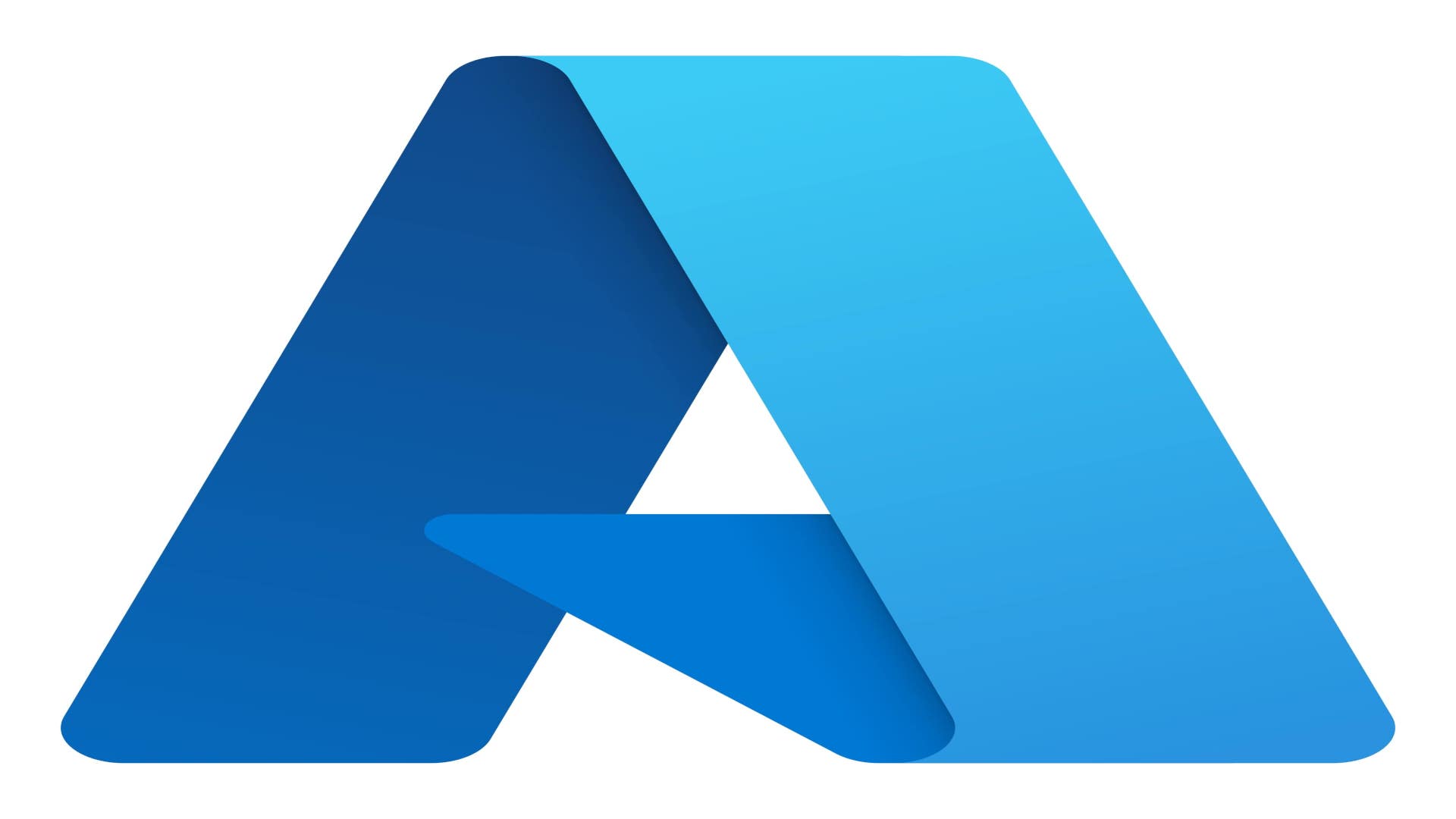New Microsoft Azure SSD storage will offer better bang for your buck
Microsoft wants to make your production workloads lightning fast

Sign up for breaking news, reviews, opinion, top tech deals, and more.
You are now subscribed
Your newsletter sign-up was successful
Microsoft has made the latest iteration of its Azure Premium range of solid state drive (SSD) cloud storage available for general sale.
The company announced the release of the latest Azure Premium SSD v2 storage at its Ignite event, following an invite-only preview release in May 2022.
The new range of high-capacity drives for enterprises is designed to offer the lowest latency for “performance-critical workloads”, while also allowing for storage expansion up to 64 terabytes (TiB).
Microsoft Azure Premium v2 improvements
Microsoft claims to have achieved “sub-millisecond” latency with the new drives, offering 80,000 input/output operations per second (IOPS) - a 60% improvement over Azure Premium V1.
Data transfers should also be lightning fast, with a guaranteed baseline throughput of 125 megabytes per second (MBPS) across all drives under the new specification, and a peak throughput of 1,200 MBPS - an overall improvement of 33% over V1.
The increases to storage capacity may also be of interest to Azure Premium SSD v1 users who feel limited by the maximum 32 TiB available.
Microsoft claims that the all-round increases to performance in the new drive range will suit a number of production workloads and purposes, from database software like SQL Server and Oracle, to analytics, virtual machines (VMs), and gaming.
Sign up to the TechRadar Pro newsletter to get all the top news, opinion, features and guidance your business needs to succeed!
The company is even looking to court enterprise customers who may not immediately need the benefits of Azure Premium V2, promising that companies may provision storage capacity, IOPS, and throughput “based on their workload requirements”.
This could make the new set of drives appeal even to smaller businesses who may go on to see steady growth, while simultaneously helping large companies cut their cloud costs during a recession.
- Here’s our list of the best cloud hosting providers right now

Luke Hughes holds the role of Staff Writer at TechRadar Pro, producing news, features and deals content across topics ranging from computing to cloud services, cybersecurity, data privacy and business software.